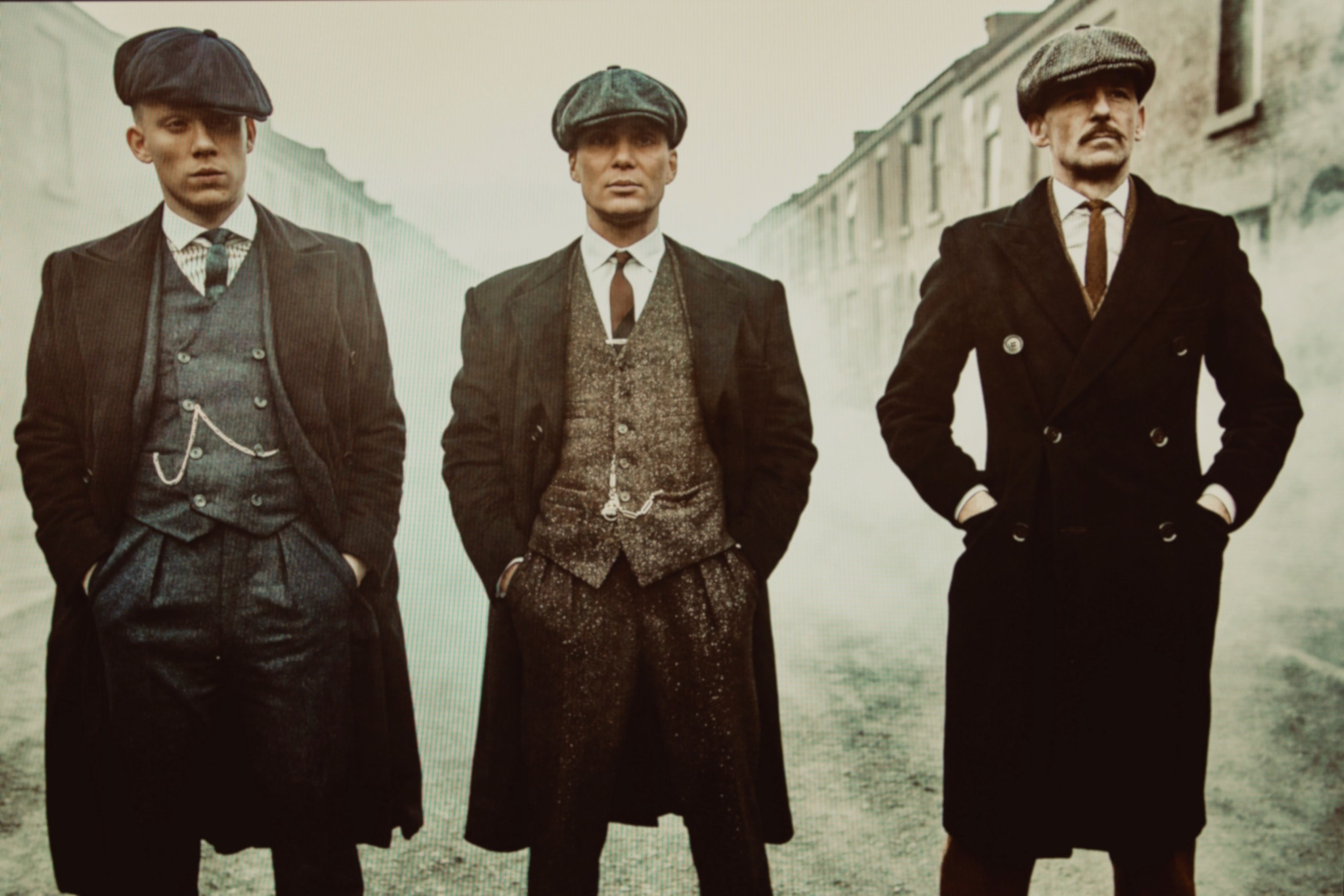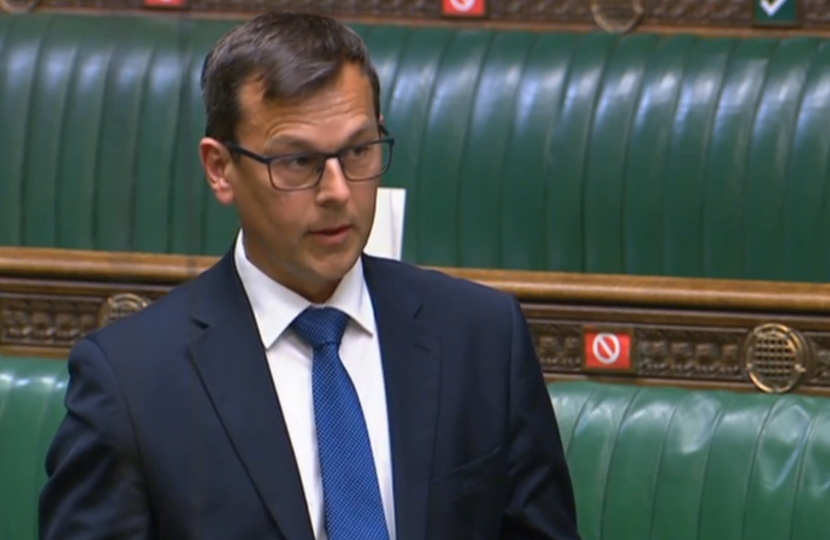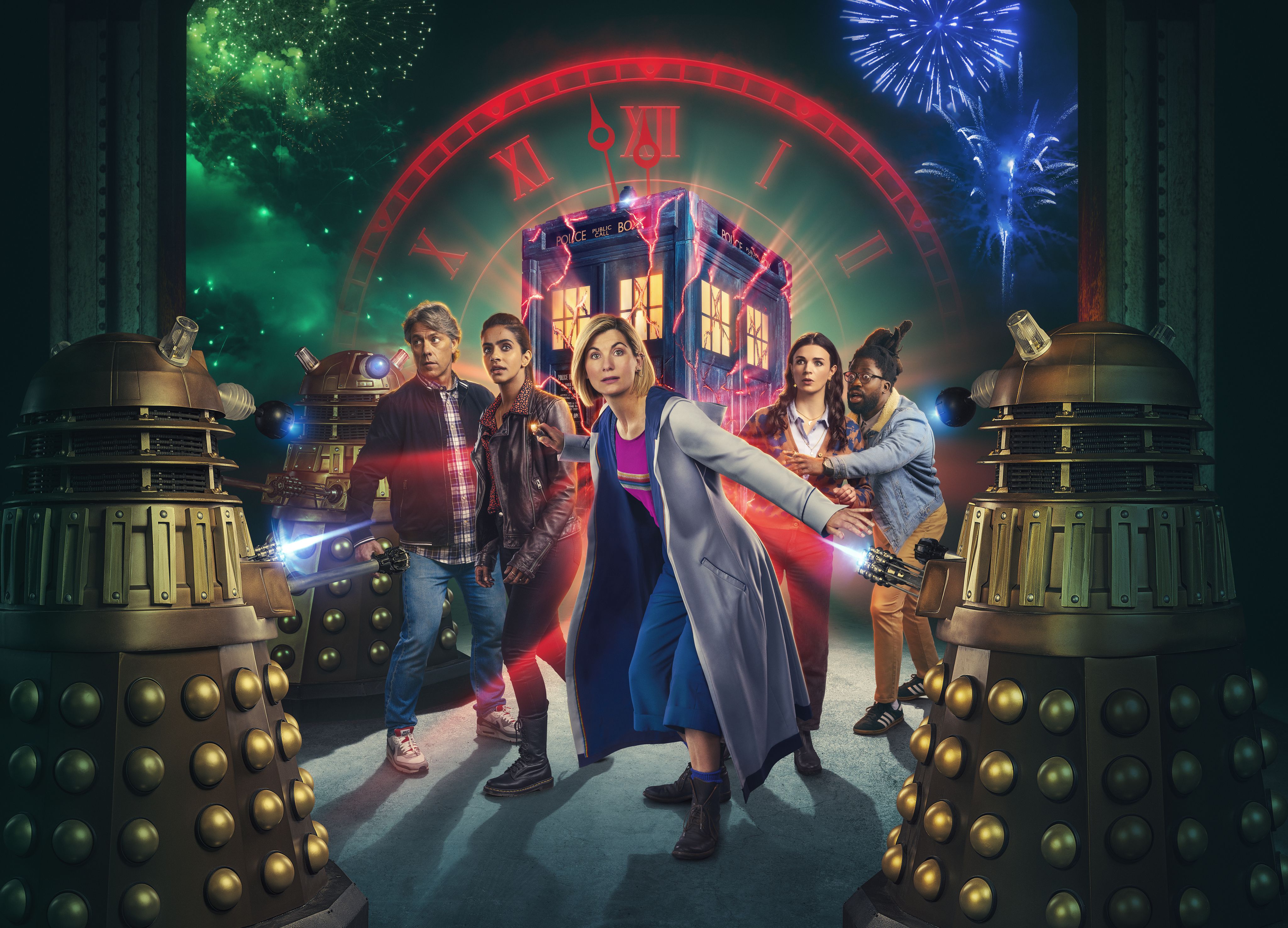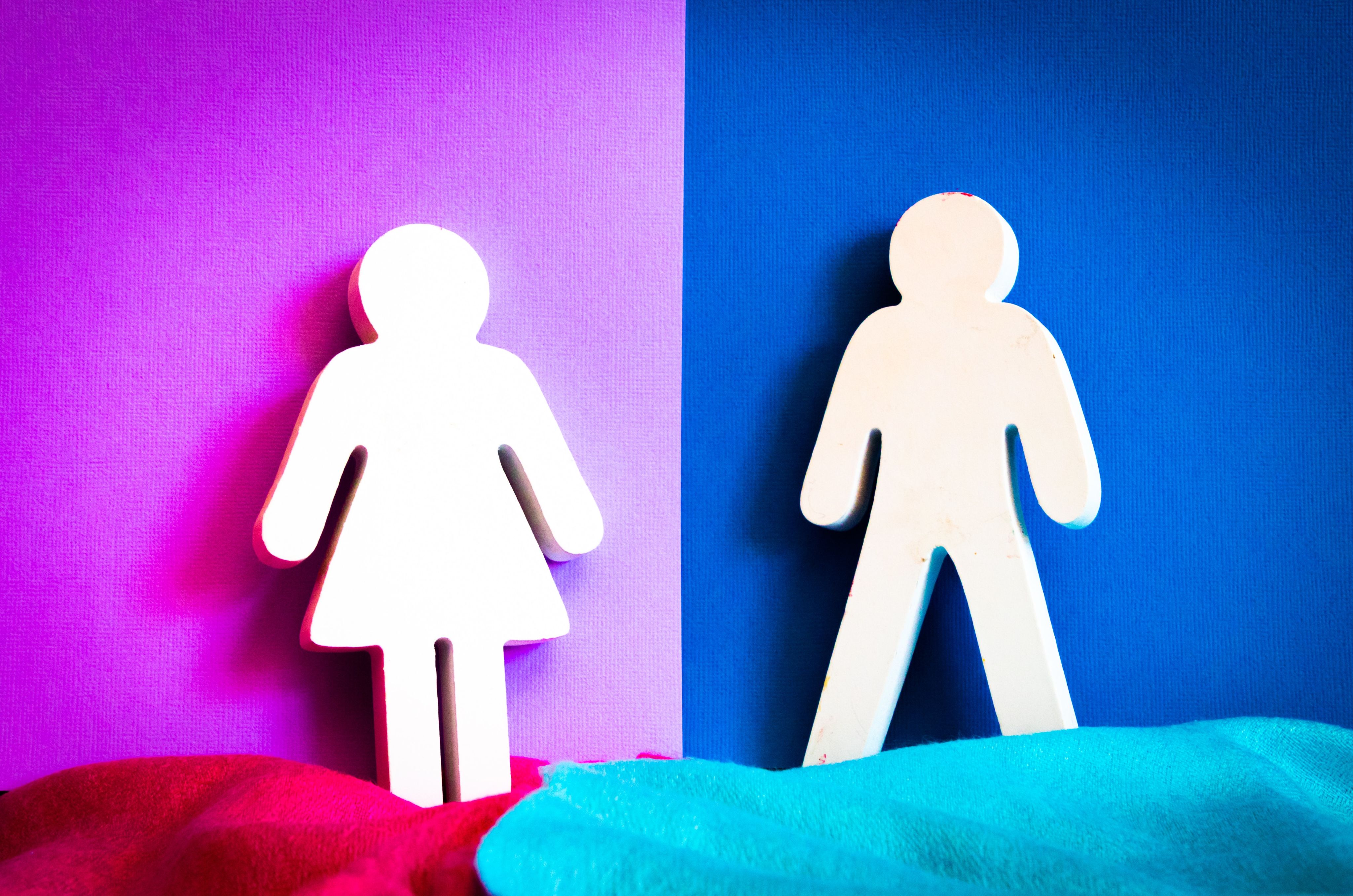Are there too few male role models on TV?
By Hannah Matthews

In his recent speech for International Men’s Day, Conservative MP Nick Fletcher claimed that the female recasting of male characters in TV and film takes away male role models from boys.
The MP referenced Jodie Whittaker’s casting as The Doctor in Doctor Who. The Doctor, a character historically played by men, was cast as a woman for the first time in 64 years in 2017. The casting was subject to a huge uproar. People (I can’t lie, mostly men) were outraged, finding it preposterous that a time travelling alien with two hearts and a bigger-on-the-inside time machine could be in the form of a woman.
Nick Fletcher’s speech has reignited this controversy. He highlighted the “call from a tiny yet very vocal minority” to replace male characters with female equivalents, citing Doctor Who, Ghostbusters, and The Equalizer. He claimed that men are losing cultural role models. The result of this: young men committing more and more crimes. He speculatively ties ‘criminal’ TV characters like Peaky Blinders’ Tommy Shelby to the glamourisation of criminality among men.
It’s true that 95% of the UK’s prison population is male. However, can we really link this, and other problems faced by men, to the supposed ‘lack’ of male role models on TV?

Historically, men have dominated the TV industry – both on and off-screen. It’s only recently that the ratio of male to female protagonists has started to equalise. Until recently, female characters were portrayed as either weak and helpless, a sexual object, or only relevant in their relation to men.
Allowing women to take on male roles represents a step towards equality. Would it be more feminist to invent new, equally exciting roles for women, rather than having them ‘replace’ men? I certainly partially agree. Giving women ‘male’ roles almost gives the impression that women are the afterthought, continuing to only be relevant when playing a man’s role. Yet when it comes to long-lasting, iconic shows such as Doctor Who and The Equalizer, casting women in the principal role does not take anything away from men (does Nick Fletcher not know about streaming services, where the manly seasons of shows are still available?!). When it comes to these iconic shows, male role models are not being lost at the gain of a female one.

Should gender even matter regarding role models? The concept of a ‘role model’ is a scientific concept in the field of psychology. Social Learning Theory is the idea that children learn how to behave by observing and imitating ‘role models.’ Children are said to most likely pay attention to, and therefore imitate, ‘similar’ people. Young girls are more likely to imitate their mothers than fathers because they view them as more similar based on gender.
Thus, gender can certainly be a factor influencing the TV characters children view as role models. But gender is certainly not the only way to define humans. Similarity can also be found in multiple other factors: age, sexuality, ethnicity, culture, background – even the way we dress can influence how much we see ourselves having in common with others.

When we see ourselves represented on screen, we are psychologically more likely to be able to learn something from that character. This is why it’s so important to have diversity on screen, and to move away from the era of straight white men being the standard for a main character.
TV certainly plays a large role in modern everyday life. Children aged 5-16 spend on average six hours a day in front of a screen. It’s vital not to underestimate the role TV characters play in helping children learn valuable life lessons. Whether they’re played by Jodie Whittaker or David Tennant, a child looking up to The Doctor learns the importance of empathy, bravery, and fighting against injustice. The fundamental values we see within a character remain the same, irrespective of gender.
Instead of crying out that men are losing role models, let’s focus on bettering the male representation we see on TV. Ensuring it represents a diverse range of experiences will allow more people to find characters that feel like role models to them.
Also, let’s not forget that TV is entertainment, and we can’t ignore the multitude of other influences: parents, teachers, and friends. The importance of TV role models only goes so far, and the supposed ‘lack’ of male role models doesn’t have to be a problem – the people who are present in our lives should be our true models. If anything, MPs should be focusing resources into schools, youth programs, and mentoring schemes to ensure genuine guidance for young people.

